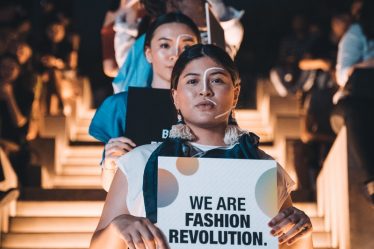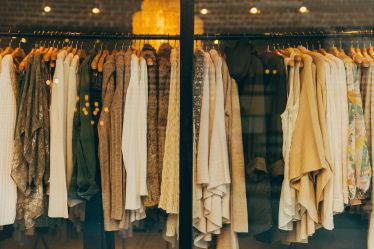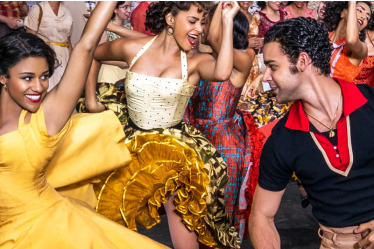
Abidjan – Twenty models from Ivory Coast with disabilities took to the catwalk in an unprecedented attack on stigma and taboo. The models were dressed in red suits, traditional Sahelian bobou robes, African bogolan prints, and blue tunics with printed motifs.
Grace Beho lost her right forearm in a car accident. Six months ago, Grace Beho founded the Mougnan Foundation to improve the quality life of disabled Ivorian women. Its name, in Guere language from western Ivory Coast, means “moving forward even when faced with difficulties”.
She said, “I think that women who are going be watching us and do not yet feel confident in themselves… will assert themselves and present themselves to the world as is,” as she left the stage.
Leslie Antsere, a patient with neurofibromatosis (a genetic condition that can lead to disfiguring tumours), said she was thrilled to participate in an event that didn’t make her feel ashamed.

Nelly Aka, the fashion show’s MC, was wearing high heels despite having a foot disability. She said, “Even in a disability situation, we can still go beyond ourselves and accomplish many things.” She said that accepting your disability is the key to overcoming it. The way others view you and criticise will not change who you are.
Sylvia, a model dressed in a green and white dress, opened the show. She was supported by crutches at the end of the catwalk by a swimming pool, in front of a cheering audience in a hotel in Ivorian capital. It was held on December 3, the UN’s International Day of Persons with Disabilities.
‘Marginalised’
Officially, Ivory Coast is home to 453,000 disabled people, or two percent of its population. This is a rare event for them. Ange Prisca, one of the organizers of the special evening, stated that even mentioning a disabled person is taboo in Ivory Coast. She added that they are often overlooked in beauty shows.
However, such practices are deeply rooted in Ivory Coast where disability is often seen – just as in Africa – a condition. “Many disabled women feel very vulnerable and are marginalized. So they hide from the judge for fear of being judged,” stated sociologist Yves Ouya.
As a consultant to the World Health Organization, and as the head of a disability NGO Dr Abdoudramane Coulibaly, this issue is also facing a lack in political will. He suggested that able-bodied people should be able to walk for a day with crutches. This will help them understand the issue better than big speeches. Beho stated, “My dream is for a handicapped person to make a name for themselves in areas that have closed the doors.”



